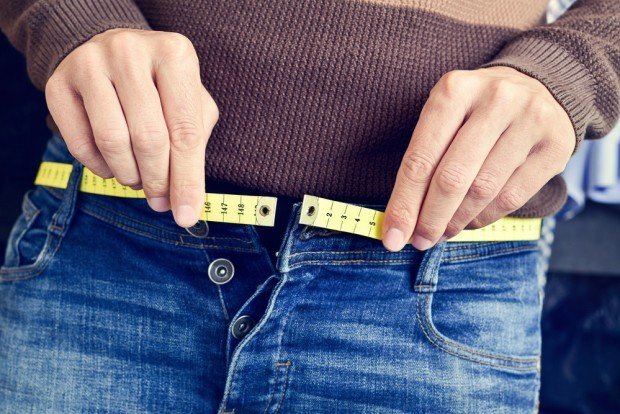Obesity is a chronic disease that affects millions of people around the world. It has increased the risk of developing health issues like stroke, heart disease, and type 2 diabetes.
Weight loss surgery seems like the ideal and conventional way to lose weight. However, there are several options available, including gastric ballooning.
Both gastric balloon and weight loss surgery have their risks and benefits, and which one is safer for you depends on your health situation and your doctor’s recommendation. Longevity Live Paid Content.
Definitions
The gastric balloon is an effective non-surgical procedure for weight loss. The procedure involves the insertion of a soft silicone balloon into the stomach via a patient’s mouth. This balloon fills up space in the stomach, which is precisely what gives that feeling of fullness. The result is less intake of food as well as weight loss.
Often, the procedure is carried out on an outpatient basis. It means patients can return to normal activities within 24 hours.
Weight loss surgery, on the other hand, is a permanent solution that can lead to long-term weight loss and improved health outcomes. It can also help to improve or resolve obesity-related health problems like sleep apnea and diabetes. However, weight loss surgery is a major life-changing procedure that requires a significant commitment from the patient in terms of lifestyle changes and follow-up care.
 How They Work
How They Work
Weight loss surgery is also often referred to as “bariatric surgery.” Furthermore, undergoing surgery to lose weight involves a more invasive procedure. Altering the digestive system to reduce the amount of food a person can eat and absorb is necessary for it to be successful. The most common types of weight loss surgeries include adjustable gastric banding, gastric bypass, as well as sleeve gastrectomy.
On the other hand, the gastric balloon weight loss method uses a reversible procedure. This implies that the balloon is removable at any time. This makes it a good option for people who are unsure about weight loss surgery or who want to test the waters before committing to a more invasive procedure. It’s important to understand that a gastric balloon is a temporary solution. Therefore, patients still need to adhere to healthy lifestyle habits. This will help you maintain your weight loss after the balloon is removed.
In general, the gastric balloon is considered a less invasive and lower-risk procedure than weight loss surgery. However, the gastric balloon is typically recommended for people who need to lose less weight, while weight loss surgery is recommended for those with more significant weight loss needs. A patient’s weight loss goals and health status often determine whether to go for weight loss surgery or a gastric balloon.
Possible Risks
The gastric balloon is generally considered a safe procedure, but they can have side effects such as nausea, vomiting, abdominal pain, and acid reflux. Again, the risk of balloon leaking or rupturing may occur. This will need replacement or removal. In rare cases, the balloon can cause a blockage in the digestive system or lead to perforation of the stomach or intestines.
Typically, weight loss surgery is effective and safe, especially for people with severe obesity who haven’t been able to lose significant weight via exercise and diet alone. However, like other kinds of surgery, weight loss surgery also has risks. These include bleeding, complications related to anesthesia, and infections. Long-term complications of this method of weight loss may include hernias, malnutrition, and bowel obstruction.
Conclusion
Ultimately, both gastric balloon and weight loss surgery have their own risks as well as benefits. To determine which is safer for you, the recommendation of your doctor is necessary, as is your current health condition.
A gastric balloon is still considered a less invasive and lower-risk procedure than weight loss surgery. However, physicians often prescribe it for individuals who need to lose less weight.
Weight loss surgery is a more invasive procedure. This can lead to significant long-term weight loss. Not to mention, patients need to fully commit themselves to practicing several follow-up cares and changing their lifestyles. They need to religiously follow adequate diet and exercise programs for the best results. Finally, if you are still wondering where to find a gastric balloon near me, check the online map.
Who is the author?

Albert Padilla Gandía
Albert Padilla Gandía is a copywriter in Spain for English and Spanish for more than 5 years. He has a degree in humanities and a master’s in digital marketing.





![women [longevity live]](https://longevitylive.com/wp-content/uploads/2020/01/photo-of-women-walking-down-the-street-1116984-100x100.jpg)









